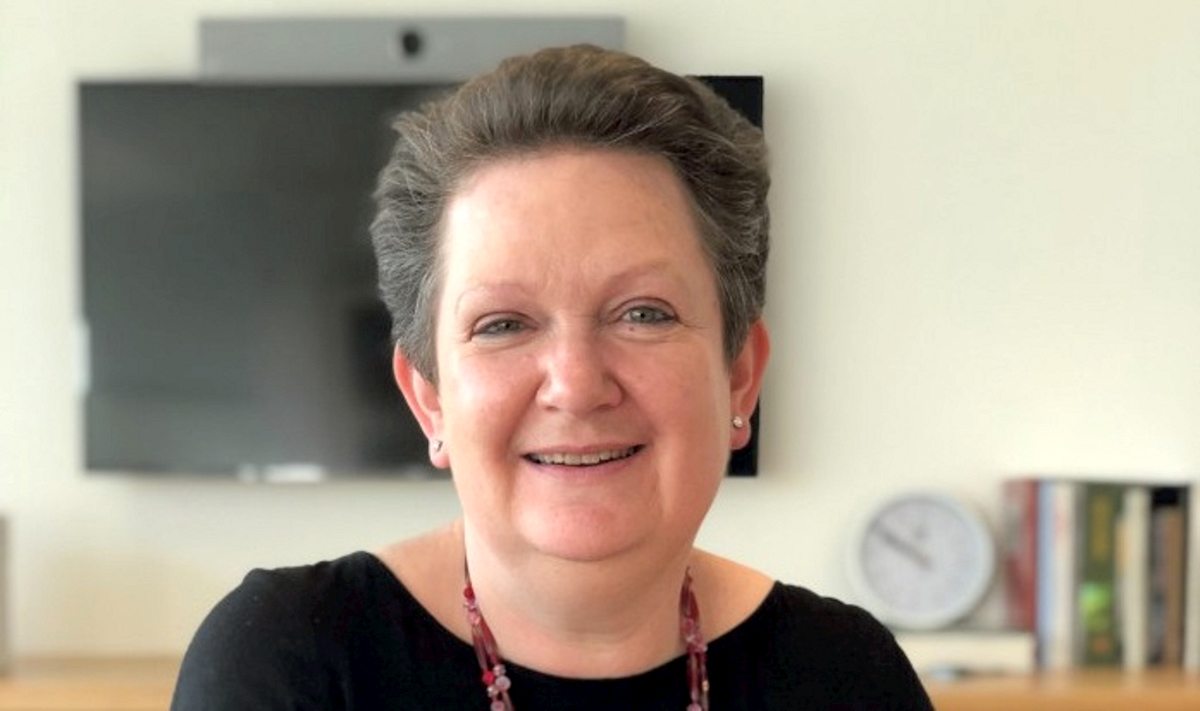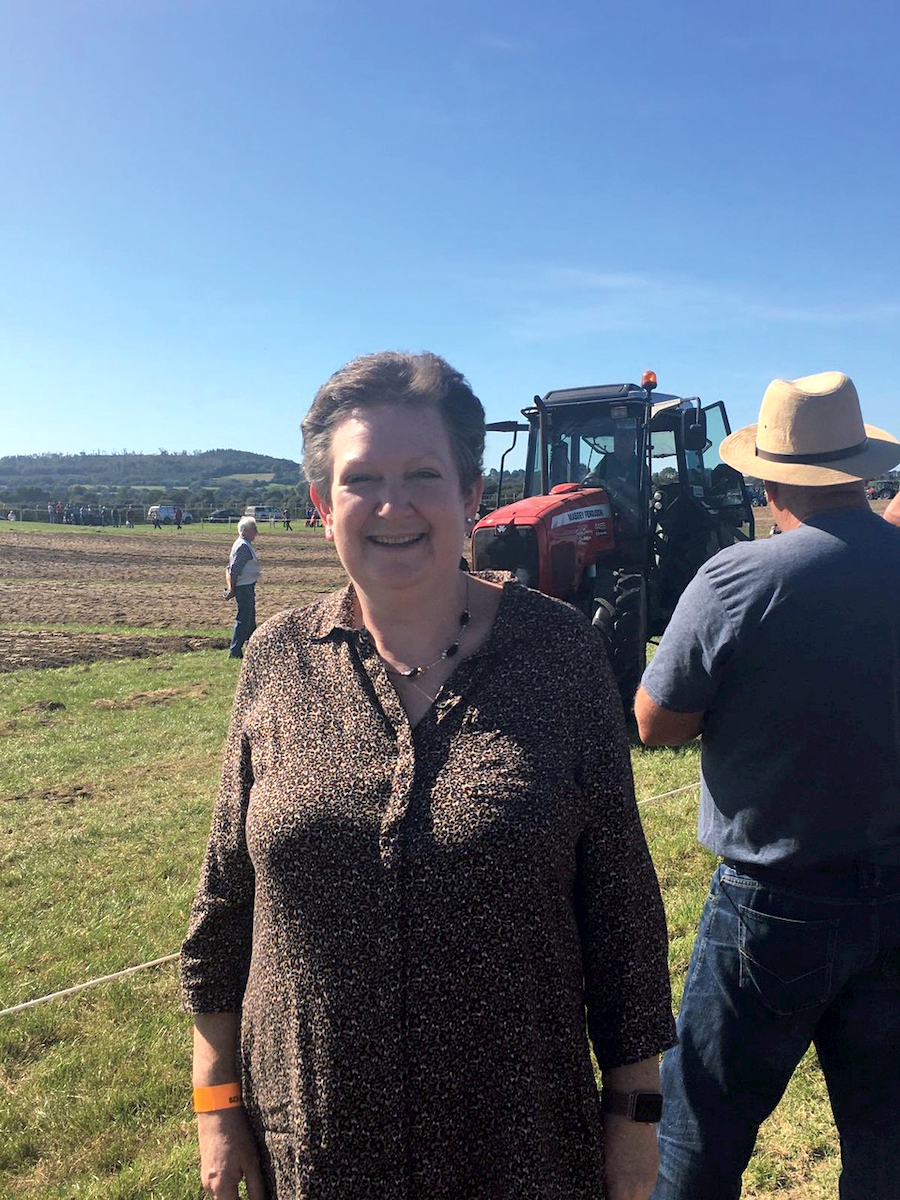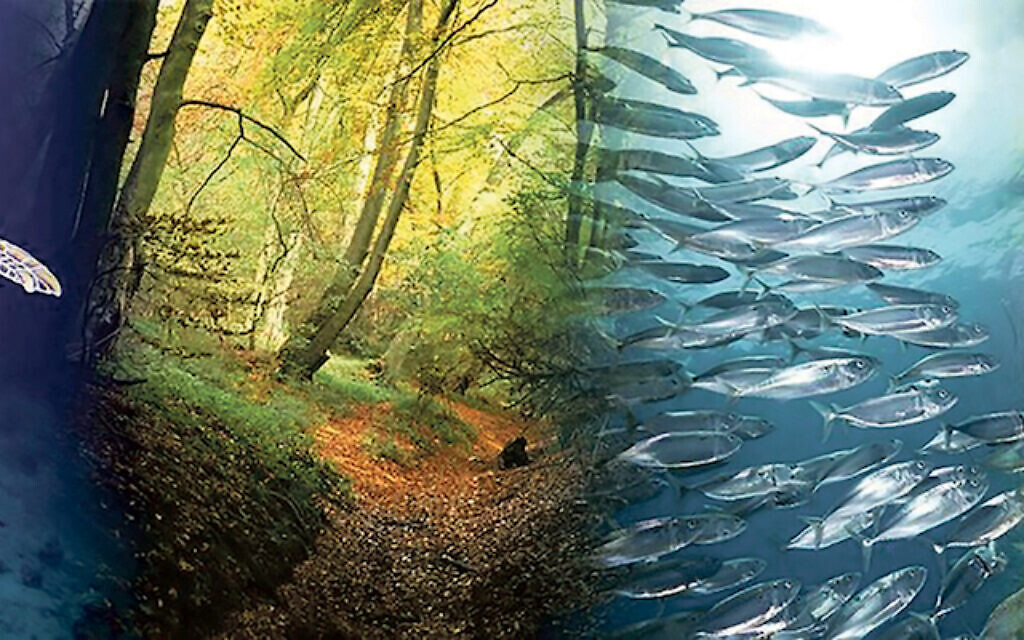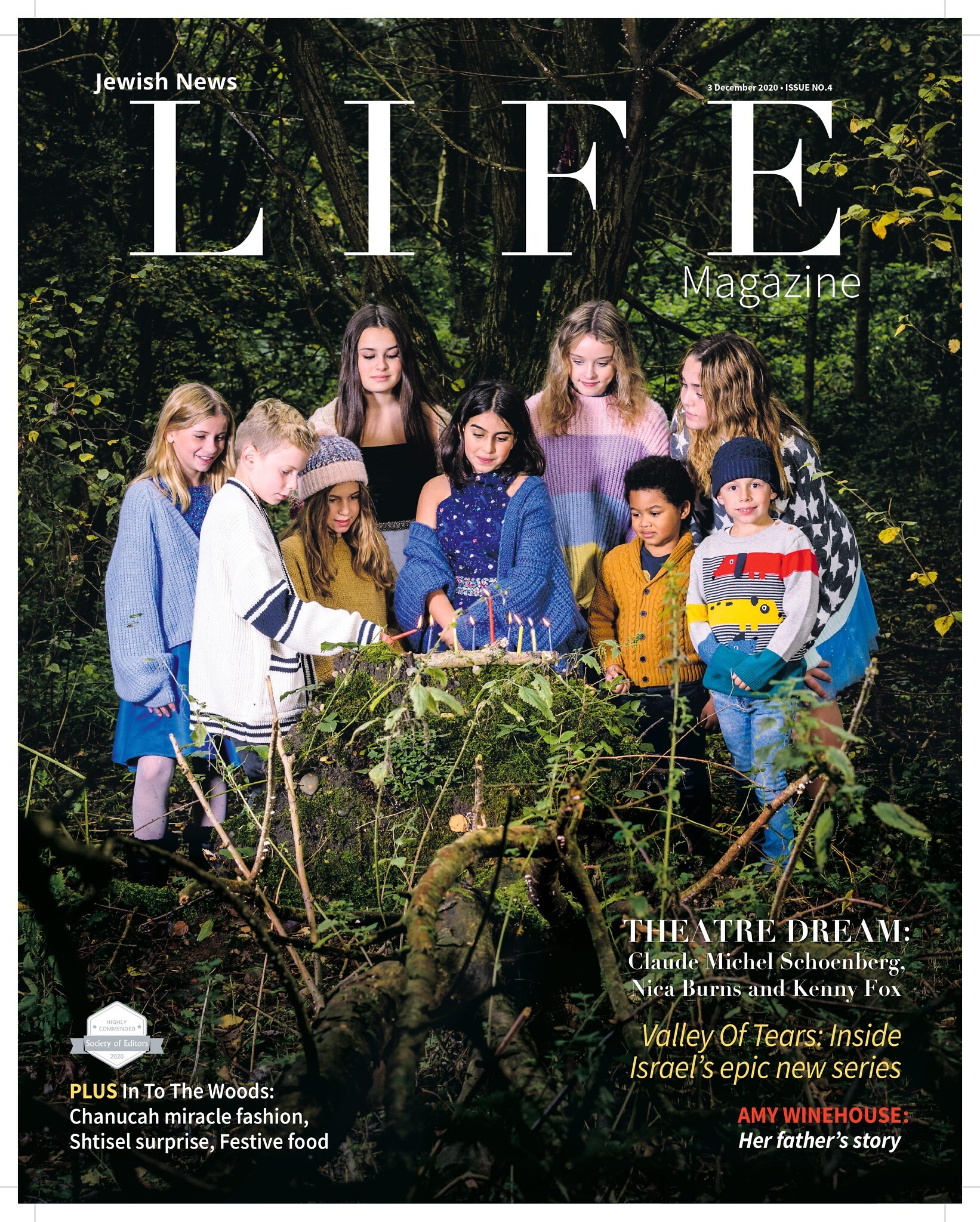Tamara Finkelstein: ‘We need to get more ambitious on climate change’
The head of Defra is helping pave the way for a much greener future. We chat to her over Zoom about the impact of the pandemic, cutting emissions and international co-operation
Remember the heady days – almost Halcyon by comparison – when the country spent its time fretting only about Brexit, rather than a pandemic? Well Tamara Finkelstein does.
Just over a year ago, she was appointed permanent secretary of the Department for Environment, Food and Rural Affairs (Defra) and the European Union and the UK’s divorce from it were firmly on her mind.
Having previously served as director general for EU exit delivery, Finkelstein – sister to journalist and politician Daniel Finkelstein – knew well that Brexit would mean a wodge of new laws for farming and fisheries, waste management, protecting wildlife and helping the UK meet its net zero emissions target by 2050. All areas that fell under Defra’s auspices.
Get The Jewish News Daily Edition by email and never miss our top stories Free Sign Up
But then along came the coronavirus.
“We were already expecting a very busy year, both domestically and internationally – but Covid was an additional pressure,” smiles Finkelstein from her north London home during a chat over Zoom.
“It’s certainly been challenging. We have had huge amounts to prepare for the transition and to engage in negotiations and Covid had a large impact on the way in which people could work. But everyone is very committed and passionate about what they do and they have found extraordinary ways to manage through it.”

While the pandemic threw up unexpected obstacles, there were also some welcome surprises for Defra, namely the effect of lockdown on the environment and the climate.
A cull on globetrotting meant air and water systems were cleaner than they had been in decades. Venice’s usually murky waters became so clear that fish and other marine life could be seen, while in the UK, carbon emissions from the electricity system plunged by more than a third.
Lockdown also opened up people’s eyes to local parks, green spaces and woodlands that pre-pandemic had been simply overlooked.

“We really noticed how much people increased their connection with the local environment and saw people who don’t usually access those spaces now using them,” enthuses Finkelstein, who has worked nearly 30 years in the civil service after graduating from Oxford, including a stint as private secretary while Gordon Brown served as Chancellor of the Exchequer.
“Natural England, which is sponsored by Defra, found in a survey that there has been this massive shift in how people appreciate green spaces and the effect it has on our mental well-being. We were beginning to see that even before the pandemic.”
The former Haberdashers’ Aske’s student herself admits these past few months have been spent going on more walks and exploring her local area, as well as taking more interest in gardening.
“I’ve been growing raspberries and tomatoes – working from home has meant I’m actually around to water things properly!” she laughs.
Curating green fingers aside, this year was also supposed to be the UK’s turn to host COP26, a global United Nations summit on climate change.
Now moved to next November in Glasgow, Defra is taking advantage of the additional months it has to prepare for “the biggest and most important conference” since 2015, when the landmark Paris Agreement was signed.
“The big thing will be getting people to up their ambition on climate change,” explains the dedicated 53-year-old civil servant. “We’ll be taking stock of goals set around reducing carbon emissions in Paris, as well as looking to secure commitment on protecting nature and improving biodiversity. We’ll also discuss adapting to the consequences of climate change, such as building flood defences.”
Hosting COP26 is a way of “recognising the UK’s commitment” and follows on from a raft of measures unveiled just this month under the government’s 10-point plan for a green industrial revolution.
They include banning petrol and diesel cars by 2030, planting 30,000 hectares of trees every year, investment in green spaces, as well as pledges to quadruple offshore wind power and boost nuclear and hydrogen power.
The married mother-of-three is optimistic it can all be achieved and is proud of playing a role in what promises to be a much greener future.
“One of the drivers of my career has also been about what are the things you can do to make some of the biggest differences to people,” she tells me, adding that such an impulse stems partly from her strong sense of Jewishness (she is a co-sponsor of the Civil Service Jewish Network), as well as growing up as the daughter of Holocaust survivors Ludwik and Mirjam Finkelstein.
“Both my parents came here as refugees with challenging war experiences and felt this country gave them a home, freedom and opportunities, which they very much appreciated. It’s something that definitely underpins
my commitment to public service and helping to drive real outcomes.”
Such large changes inevitably start with even just small steps.
“Over the next few years, new legislation will start going through that will improve our water quality, air quality, biodiversity, farming subsidies and our use of resources. We are committed to net zero and planting trees.
All those things together really could start to make a very big difference.”

Thank you for helping to make Jewish News the leading source of news and opinion for the UK Jewish community. Today we're asking for your invaluable help to continue putting our community first in everything we do.
For as little as £5 a month you can help sustain the vital work we do in celebrating and standing up for Jewish life in Britain.
Jewish News holds our community together and keeps us connected. Like a synagogue, it’s where people turn to feel part of something bigger. It also proudly shows the rest of Britain the vibrancy and rich culture of modern Jewish life.
You can make a quick and easy one-off or monthly contribution of £5, £10, £20 or any other sum you’re comfortable with.
100% of your donation will help us continue celebrating our community, in all its dynamic diversity...
Engaging
Being a community platform means so much more than producing a newspaper and website. One of our proudest roles is media partnering with our invaluable charities to amplify the outstanding work they do to help us all.
Celebrating
There’s no shortage of oys in the world but Jewish News takes every opportunity to celebrate the joys too, through projects like Night of Heroes, 40 Under 40 and other compelling countdowns that make the community kvell with pride.
Pioneering
In the first collaboration between media outlets from different faiths, Jewish News worked with British Muslim TV and Church Times to produce a list of young activists leading the way on interfaith understanding.
Campaigning
Royal Mail issued a stamp honouring Holocaust hero Sir Nicholas Winton after a Jewish News campaign attracted more than 100,000 backers. Jewish Newsalso produces special editions of the paper highlighting pressing issues including mental health and Holocaust remembrance.
Easy access
In an age when news is readily accessible, Jewish News provides high-quality content free online and offline, removing any financial barriers to connecting people.
Voice of our community to wider society
The Jewish News team regularly appears on TV, radio and on the pages of the national press to comment on stories about the Jewish community. Easy access to the paper on the streets of London also means Jewish News provides an invaluable window into the community for the country at large.
We hope you agree all this is worth preserving.
-
By Brigit Grant
-
By Laurent Vaughan - Senior Associate (Bishop & Sewell Solicitors)
-
By Laurent Vaughan - Senior Associate (Bishop & Sewell Solicitors)
-
By Laurent Vaughan - Senior Associate (Bishop & Sewell Solicitors)
-
By Laurent Vaughan - Senior Associate (Bishop & Sewell Solicitors)























